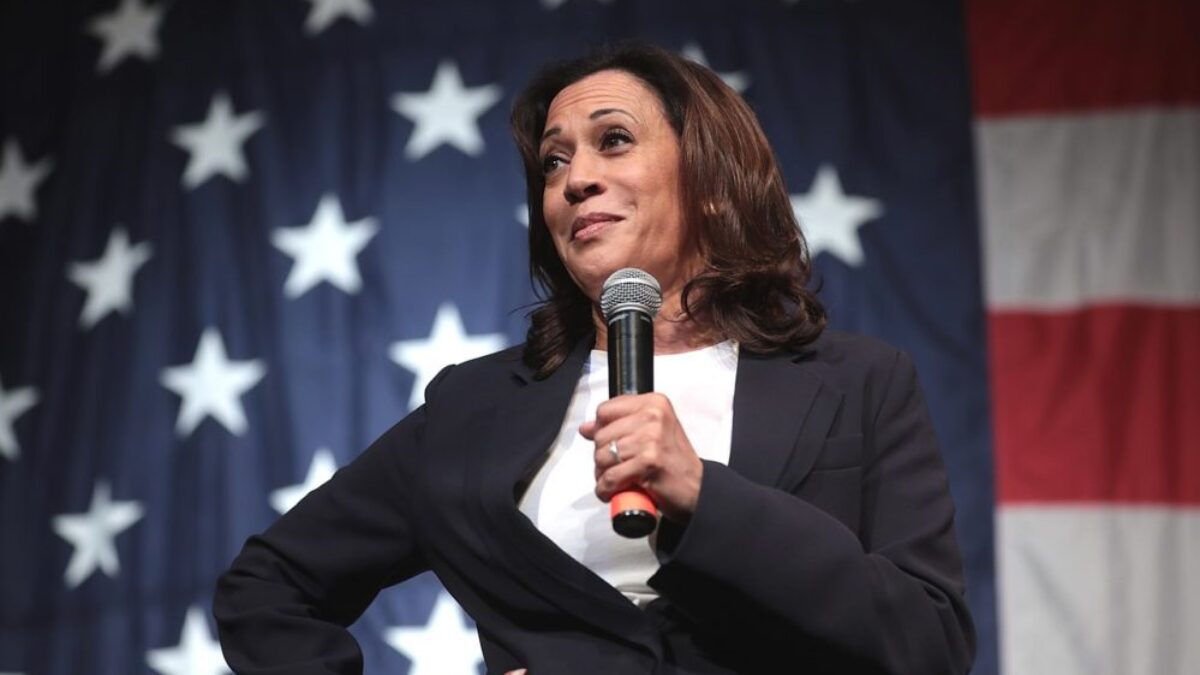
The Ford Foundation, the world’s second largest private foundation, denies that its spending of millions of dollars on groups pressuring the federal government for stricter regulation of Internet traffic is connected to its multi-million dollar investments in major tech companies.
My colleague Yaël Ossowski and I recently reported for Watchdog.org that demands by Ford Foundation-funded advocacy groups that the Federal Communications Commission increase regulations on broadband providers would also benefit Ford’s multi-million dollar investments in companies such as Google and Microsoft—both major lobbying and campaign contribution giants in their own right.
The Ford Foundation, a tax-exempt corporation, reportedly denied such motives several days later, telling TR Daily, “An open, free and accessible Internet promotes the rights of all communities and citizens to share views, speak out against injustice, and express their hopes for the future.”
“There is no connection between our endowment management and the grant-making team. Our external portfolio managers make the decisions about investments independent of our programmatic work,” Ford told the telecommunications industry trade publication.
Crossover Between Ford Trustees and Industry Moguls
The Ford Foundation’s $10.9 billion endowment aims to promote its social justice mission, meaning to “strengthen democratic values,” “reduce poverty and injustice,” “promote international cooperation,” and to “advance human welfare.”
Its board of trustees serve on committees that set policy for the foundation, with members overlapping in their committee assignments. For example, Ford Foundation president Darren Walker and foundation trustee Robert Kaplan, a Harvard Business School professor and senior director for the Goldman Sachs Group, both sit on the board’s Investment Committee. Kaplan, who also chairs Google’s Investment Advisory Committee, sits on the foundation’s Finance Committee and Education, Creativity, and Free Expression Committee.
Foundation trustee Sir Tim Berners-Lee, inventor of the World Wide Web and prominent net neutrality advocate, sits on the organization’s Democracy, Rights and Justice Committee. The World Wide Web Foundation, which Berners-Lee founded in 2009, received nearly $2 million from the Ford Foundation between 2011-2014 for democracy and media access initiatives in the U.S. and Indonesia, according to the Ford Foundation’s grant database.
Early Funding of Future Internet Giants
The Ford Foundation’s interest in the Internet, however, is far from new; the foundation has been an active player in the growth of Silicon Valley’s success as far back as the 1970s when it was the initial investor in venture capital firm Sequoia Capital. Sequoia would go on to support future tech giants such as Cisco Systems, Yahoo, and Google, whom the Ford Foundation was also an early backer through Sequoia Capital and Kleiner Perkins Caufield & Byers—another legendary Silicon Valley venture capital firm—in 1999.
In 2004 as Google’s investors readied themselves to reap the windfall of its initial public offering, the Ford Foundation’s then-chief investment officer, Linda Strumpf, told the Wall Street Journal, “It’s endowments and foundations that have taken the risk of investing in early-stage venture capital.”
“Even though it’s been volatile for the past few years,” Strumpf said, referring to the dot-com bubble of the late 1990s, “we are very happy when a successful company goes public, and it will benefit all of our programs over the next several years.”
According to the Ford Foundation’s 2012 tax filing, the organization purchased nearly $3 million in Google stock and nearly $5 million in Microsoft stock. Both companies support increased FCC oversight of broadband providers. The foundation reported the following year its holdings in the two companies were worth nearly $6.8 million and $11 million, respectively.
The foundation reported to the Internal Revenue Service that it held $860,951,258 in corporate stock at the end of 2012; at the end of 2013, that number would drop to $630,734,339, making Google and Microsoft almost 3 percent of its corporate stock portfolio.
Create Internet Companies, Then Push People to Buy from Them
From the mid-2000s to present day, the foundation would also go on to use its grant making powers to contribute millions of dollars towards initiatives and advocacy groups devoted to promoting access to the very technologies it helped incubate, mirroring a strategy the Ford Foundation and other megafoundations have used to influence immigration and education policy.
As Yaël and I previously reported, the Ford Foundation contributed $46 million between 2007-2014 to advocacy organizations within the net neutrality movement. Among these many groups is Free Press, whom a recent study commissioned by the Knight Foundation found to be one of the more effective groups in the push for utility-style regulations on broadband providers.
The Ford Foundation’s grant database shows that in 2013 alone it donated $1.4 million to Free Press, making the foundation’s contribution nearly 60 percent of the $2.4 million Free Press spent on “salaries, other compensation,” and “employee benefits” in 2012, according to Free Press’ 2013 tax filing. The database shows that between 2006-2013, Ford Foundation contributed $4.4 million specifically to Free Press.
Even the foundation’s purchase of nearly $3 million in Comcast corporate stock in 2012, which it listed in the following year’s tax filing as having more than doubled in value, would not be out of sync with its ideological goals.
While Ford Foundation-funded advocacy groups tout Comcast’s size and resistance to their efforts as a threat to consumers, for example, the communications giant is under agreement to abide by net neutrality principles as a condition of its merger with NBC Universal in 2011.
But when asked about these connections, Ford Foundation spokesman Joshua Cinelli doubled down on the response the foundation gave to TR Daily.
“The board members don’t make grants,” Cinelli told me. “The investment strategy is completely separate from the programmatic strategy. Our grant making is guided by our mission. Presenting it as anything but is disingenuous,” he said.
When asked about the Ford Foundation’s investment strategy, Cinelli said, “The investment strategy is to grow the endowment to support social justice grant making.”









